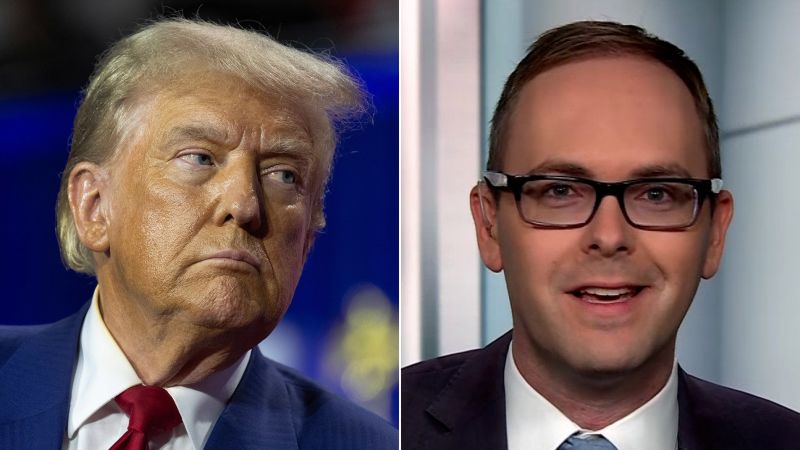Dale specifically addresses Trump’s repeated false claims about tariffs during his presidency. Trump has previously stated that China is paying the tariffs imposed by the US, but Dale points out that this is not the case. In reality, the tariffs are paid by American importers, who then pass on the cost to American consumers. This misinformation has been debunked by economists and fact-checkers, but Trump continues to use it as a talking point. Dale highlights the dangerous nature of these repeated lies, as they can shape public perception and influence policy decisions.
Another false claim that Trump has repeated involves the trade deficit with China. Trump has stated that the US is making billions of dollars from the tariffs imposed on China, but Dale clarifies that this is misleading. While tariffs do generate some revenue for the US government, they also have negative consequences for American businesses and consumers. The trade deficit is a complex issue that cannot be simply solved by imposing tariffs, and Trump’s oversimplified explanation obscures the true impact of his trade policies. Dale emphasizes the importance of fact-checking when it comes to economic issues like tariffs, as misinformation can have far-reaching consequences.
Dale also debunks Trump’s claim that the US has never had a trade surplus with China. In reality, there have been instances in the past where the US has had a trade surplus with China, although these periods have been relatively short-lived. Trump’s insistence on painting a one-sided picture of the US-China trade relationship overlooks the nuance and complexity of international trade. By perpetuating this false narrative, Trump is able to continue promoting his protectionist agenda and justifying his tariffs on Chinese goods. Dale points out the danger of accepting these claims at face value, as they can distort public understanding of economic issues.
One of the most egregious falsehoods that Trump has repeated is the claim that the US is losing billions of dollars to China every year. Dale points out that this is a gross oversimplification of the trade relationship between the two countries. While the US does have a significant trade deficit with China, this deficit is not a direct measure of losses incurred by the US. Trade deficits can arise for a variety of reasons, including differences in saving and investment between countries. Trump’s fixation on the trade deficit as a measure of economic success overlooks the broader implications of trade policies on the US economy.
Overall, Dale emphasizes the need for a more accurate and nuanced understanding of economic issues like tariffs and trade deficits. Trump’s repeated lies about these issues not only mislead the public but also have real consequences for the US economy. By perpetuating false claims about tariffs and trade with China, Trump is able to justify his protectionist policies and appeal to his base. Fact-checking plays a crucial role in holding politicians accountable for their statements and ensuring that accurate information is available to the public. It is important for journalists like Dale to continue debunking falsehoods and providing context for complex economic issues.


